In today’s article, learn more about what a DAO is, its benefits to the cryptocurrency space, and some successful examples within Web3.
Imagine a world where you can join a community of like-minded people who share a common vision and mission, without having to trust a central authority or intermediary.
A world where you can collaborate, create, and contribute to projects that matter to you, and get rewarded for your efforts. A world where you have a voice and a stake in the decisions that affect the organization you belong to.
Look no further than decentralized autonomous organizations (DAOs), a new form of organization enabled by blockchain technology that aims to provide a more transparent, democratic, and efficient way of organizing human and financial resources while eliminating the need for intermediaries, bureaucracy, and corruption.
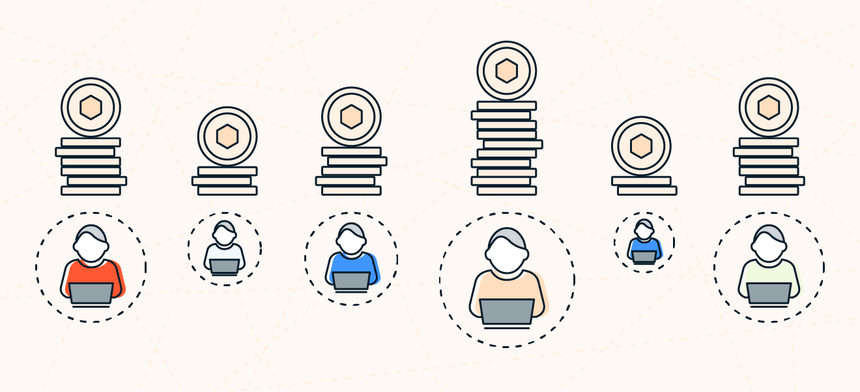
Contents
- What Are DAOs And How Do They Work?
- What Are The Benefits And Challenges Of DAOs?
- Examples Of DAOs And Their Applications
- How Kujira Academy Uses Zealy To Fit Into The DAO Landscape
- The Benefits Of Zealy To Kujira Academy
- The Future Of DAOs
- Useful Links
What Are DAOs And How Do They Work?
A DAO is a collectively owned blockchain-governed organization that works towards a shared mission, with the rules and logic of the organization transparent and verifiable by anyone.
Decisions are made by proposals and voting, ensuring that everyone in the organization has a voice and everything happens on-chain. DAOs can have different structures and designs, depending on their purpose, scope, and complexity.
However, some common elements that most DAOs share are:
- Smart contracts: These are the core components of a DAO, as they define the rules, logic, and functions of the organization. Smart contracts are written in a programming language, such as Solidity, and deployed on a blockchain, such as Ethereum, where they can be executed and verified by the network.
Smart contracts can perform various tasks, such as managing funds, distributing rewards, enforcing agreements, or executing transactions, and are a core component of a DAO, defining the rules, logic, and functions organization.
- Tokens: These are the units of value or ownership that are associated with a DAO. Tokens can have different functions and properties, such as utility, governance, or equity. Utility tokens are used to access or use the services or functions of a DAO, such as voting, proposing, or staking.
Governance tokens are used to influence or control the decisions or direction of a DAO whereas equity tokens are used to claim a share of the profits or assets of a DAO, such as dividends, fees, or tokens.
- Members: These are the participants or stakeholders of a DAO, who can have different roles and responsibilities such as founders, developers, contributors, investors, customers, or beneficiaries. Members can join or leave a DAO depending on the criteria or conditions that are set by the smart contracts or the community.
Members can also interact with each other and with the DAO, through various platforms or channels, such as websites, DApps, forums, or social media.
- Governance: This is the process or mechanism that determines how a DAO makes decisions and evolves. Governance involves various actions, such as proposing, voting, delegating, or implementing.
Governance can be formal or informal, centralized or decentralized, direct or representative, depending on the design and preferences of the DAO.
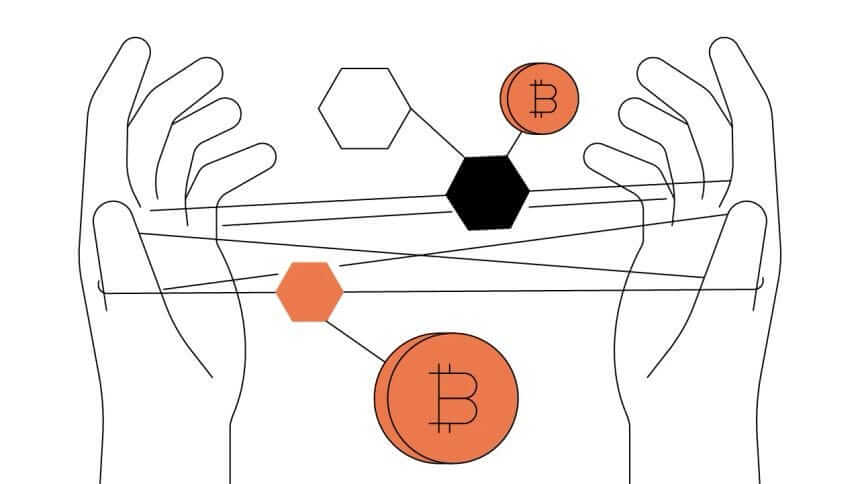
Now that we understand the technical underpinnings behind DAOs, we can begin to understand some of the challenges this technology faces, as well as some of the benefits it offers.
What Are The Benefits And Challenges Of DAOs?
DAOs offer many benefits over traditional organizations, such as:
- Transparency: All the activities and transactions of a DAO are recorded on the blockchain, which means anyone can audit them and verify their legitimacy.
This reduces the risk of fraud, corruption, and mismanagement, and increases the accountability and trustworthiness of the organization.
- Democracy: DAOs empower their members and token holders to have a say in the decisions that affect the organization.
They can propose ideas, vote on them, and execute them without the need for a central authority or intermediary. This fosters a more inclusive, participatory, and collaborative culture, where everyone’s voice matters.
- Efficiency: DAOs eliminate the overhead and friction that come with traditional organizations, such as paperwork, bureaucracy, and hierarchy.
This allows DAOs to operate more smoothly and effectively, and to scale more easily.
- Innovation: DAOs enable people to experiment with new ideas and models of organization, governance, and collaboration. They also allow people to tap into the collective intelligence and creativity of a global and diverse community.
This fosters a more innovative and dynamic environment, where new solutions and opportunities can emerge.
However, DAOs also face many challenges:
- Regulation: The legal status and implications of DAOs are unclear and vary across jurisdictions.
DAOs may face regulatory hurdles and uncertainties, such as taxation, compliance, liability, and enforcement.
- Coordination: DAOs may struggle to coordinate and align the interests and actions of their members and token holders, especially as they grow larger and more complex.
DAOs may face challenges such as communication, collaboration, and conflict resolution. DAOs often also suffer from general governance problems, such as low participation and voter apathy.
- Security: DAOs may be vulnerable to technical and human attacks such as hacks. DAOs may also face the risk of losing funds or control due to errors, exploits, or forks.
It is important that they implement robust security measures and contingency plans, such as audits, testing, or insurance.
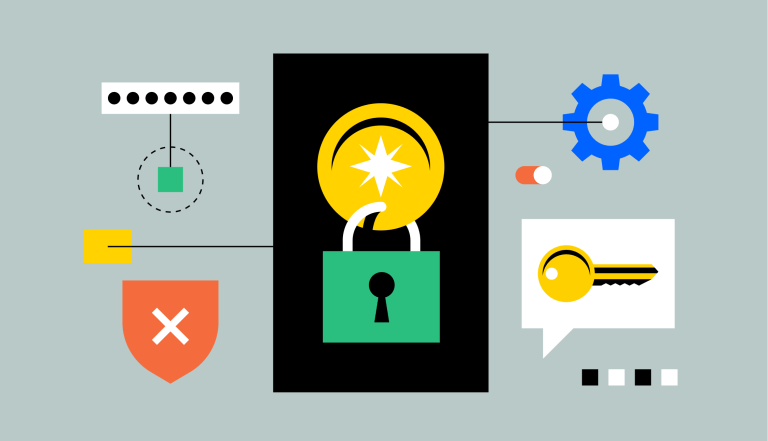
Examples Of DAOs And Their Applications
DAOs are a relatively new phenomenon, but they have already attracted a lot of attention and interest from various sectors and domains. Here are some examples of DAOs and their applications:
- MakerDAO: is a DAO that operates a decentralized lending platform on Ethereum, where users can borrow stablecoins (DAI) by locking up collateral (ETH or other tokens).
MakerDAO also governs the parameters and policies of the platform, such as interest rates, collateral ratios, and risk management. MakerDAO aims to provide a more accessible, transparent, and stable alternative to traditional finance.
- Aragon: is a DAO that provides a platform and a framework for creating and managing other DAOs.
Aragon allows users to customize and launch their own DAOs, with features such as voting, fundraising, accounting, and identity. Aragon aims to empower people to create and join organizations that align with their values and goals.
- MolochDAO: A DAO that funds public goods in the Ethereum ecosystem, such as research, development, and education.
MolochDAO operates on a grant-based model, where members can propose projects and vote on them. MolochDAO aims to solve the problem of coordination and funding for the common good.
- MantaDAO: A DAO that focuses on creating revenue-generating DeFi products and managing a profitable DAO treasury through decentralized governance.
MantaDAO’s flagship product, MantaSwap, is a cross-orderbook router built utilizing Kujira’s FIN, which allows for best trade execution and routing on any-to-any swaps. By providing users with easy-to-use and intuitive DeFi products, MantaDAO aims to enhance the Kujira ecosystem and attract new users to the DeFi space.
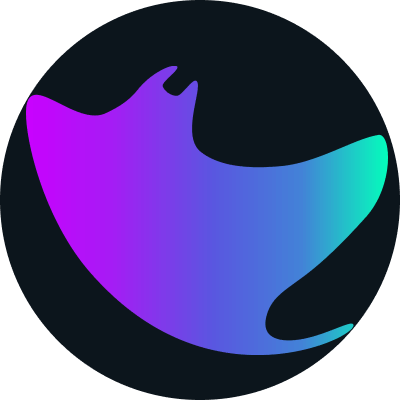
How Does Kujira Academy Use Zealy To Fit Into The DAO Landscape?
Zealy is a quest board website that is used by Kujira Academy to manage its community and incentivize its members. Zealy allows users to join trendy communities, make an impact, and earn rewards.
It splits quests into different sections, each representing the individual verticals of the Kujira Academy.
Students completing these quests will receive XP and level up their account, gaining a higher ranking. Throughout the year, prizes and opportunities will be awarded to Zealy members, with those who participate more having a higher chance of winning.
Zealy fits into the DAO landscape by providing a simple, fun, and creative way to engage and educate the community about the Kujira project and its vision. Zealy also helps to foster a sense of belonging and identity among the members, as they can interact with each other and share their achievements.
The Benefits Of Zealy To Kujira Academy
By using Zealy, the Kujira Academy community can easily see the progress and outcomes of the quests, as well as the contributions and achievements of the members. Zealy also enhances the efficiency and innovation of the Kujira project, as it enables the members to collaborate and learn from each other, as well as to access the latest resources and opportunities in the Kujira ecosystem.
Zealy helps to remove friction and barriers for the members too, as it simplifies the onboarding and participation process via the reward and recognition system.
To summarise, Zealy is a quest board website that is designed to create a more engaging, rewarding, and impactful DAO experience for the Kujira community.
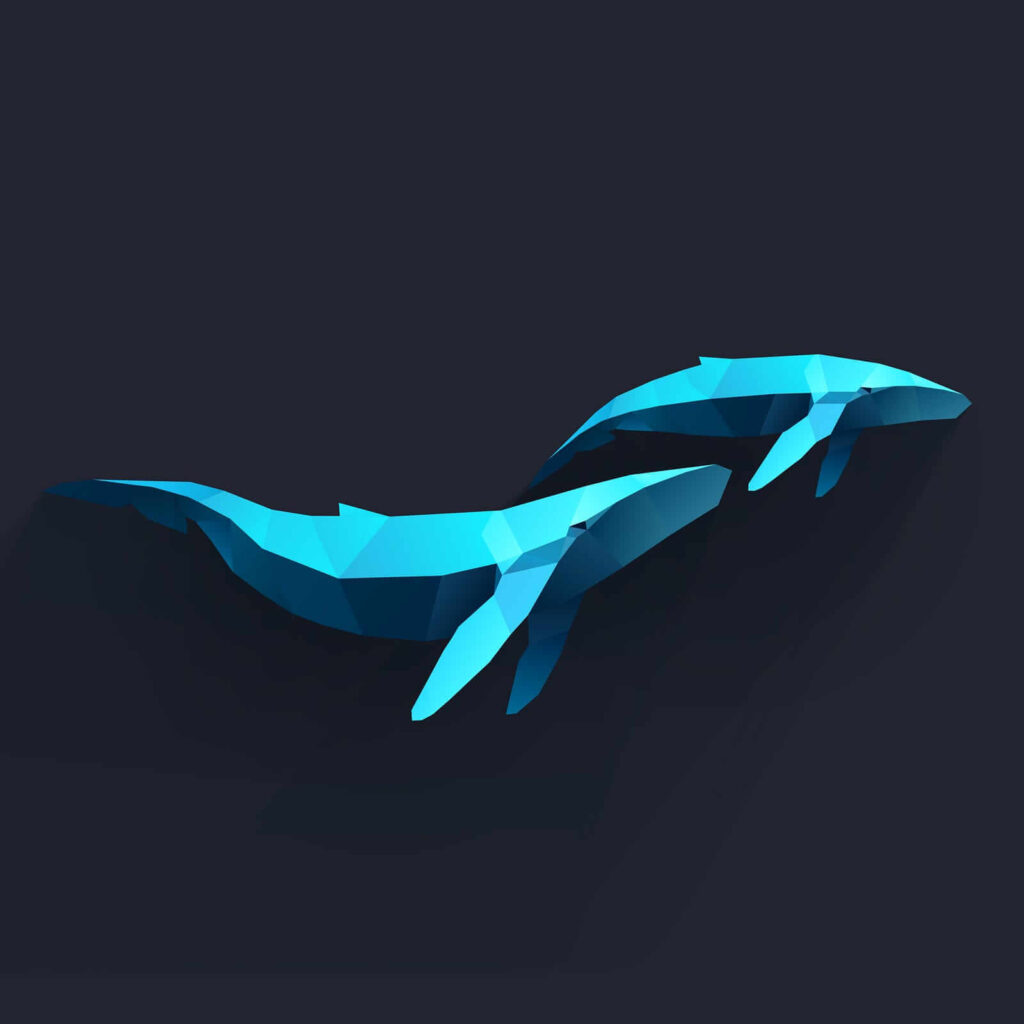
The Future Of DAOs
DAOs are a new paradigm of governance that is enabled by blockchain technology. DAOs offer a more transparent, democratic, and efficient way of organizing human and financial resources while eliminating the need for intermediaries, bureaucracy, and corruption.
DAOs can also enable people to experiment with new ideas and models of organization, governance, and collaboration, and to tap into the collective intelligence and creativity of a global and diverse community.
However, DAOs also face many challenges, such as regulation, coordination, and security. DAOs need to overcome these challenges and prove their viability and sustainability in the long term.
DAOs also need to ensure that they are aligned with the values and goals of their members and stakeholders and that they are accountable and responsible for their actions and outcomes.
If DAOs can successfully navigate this landscape, and provide solutions to the current issues posed by this technology, it may very well transform the future of governance and ensure a more transparent, democratic, and efficient way of organizing human and financial resources.
Useful Links
Kujira Academy is a platform that aims to bridge the gap between young entrepreneurs and Web3, providing them with tangible education and career acceleration opportunities. Built by students, for students. Learn more about the academy and our vision here.
To register your interest and become a student of Kujira Academy, click here.
Written by Zuhair